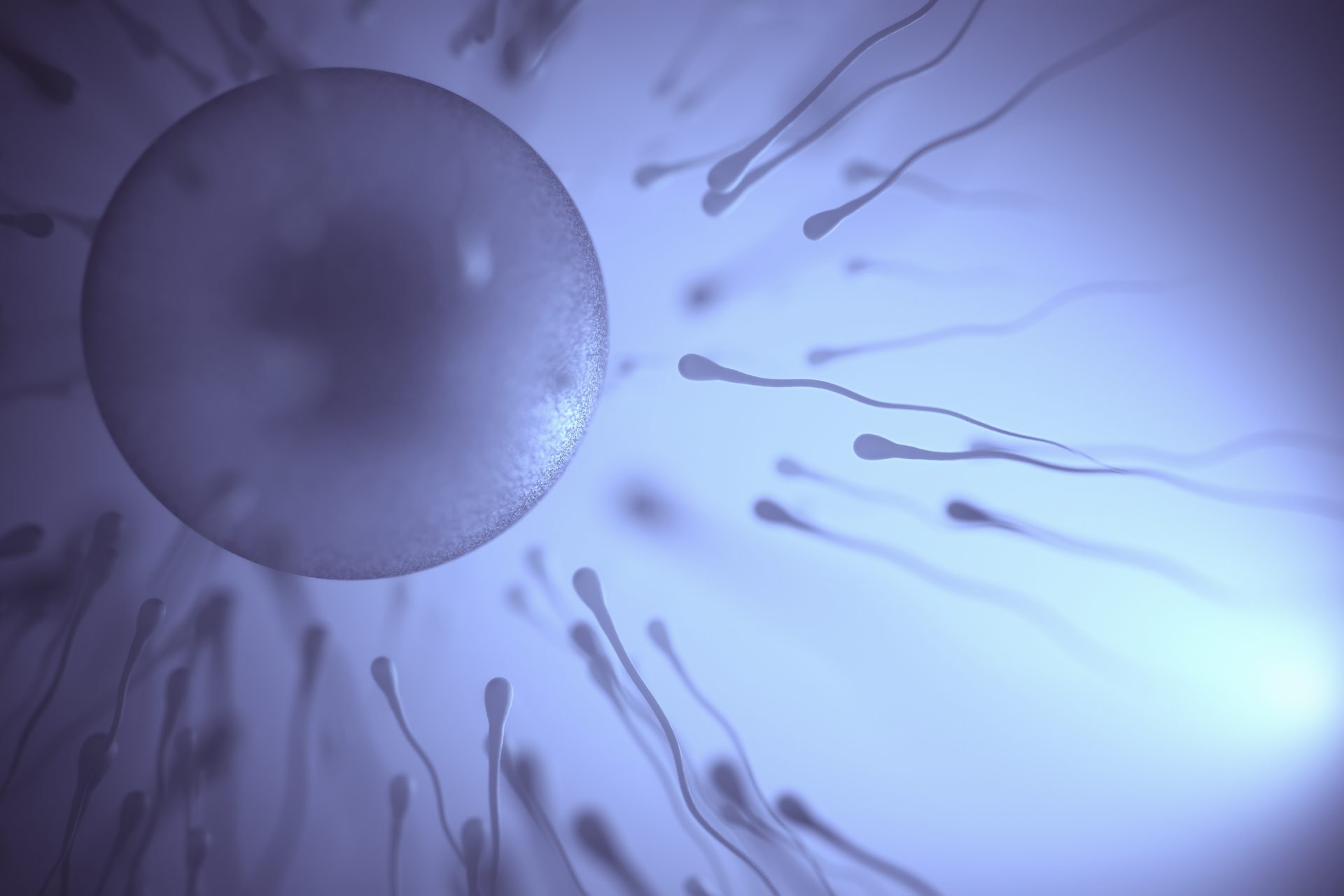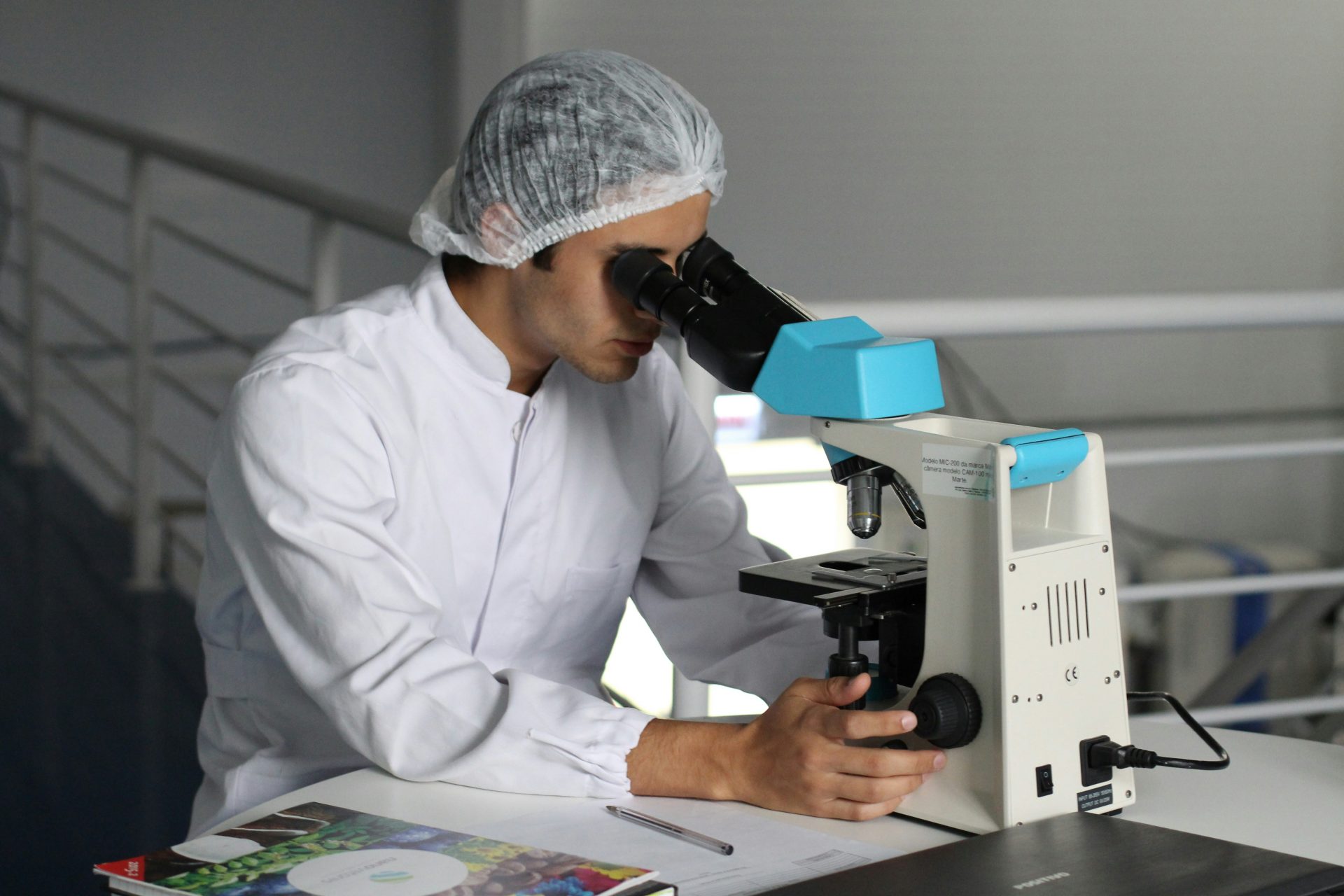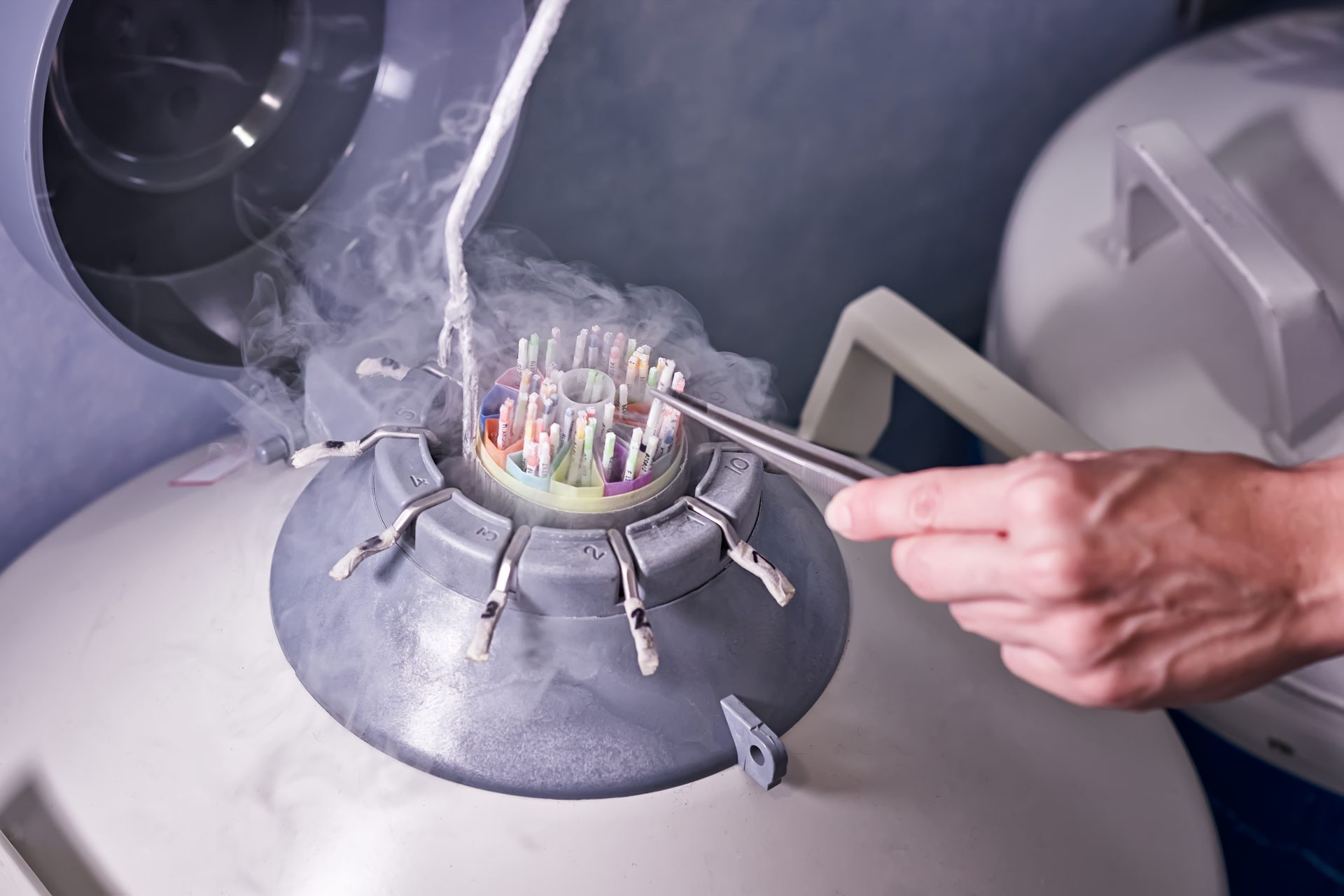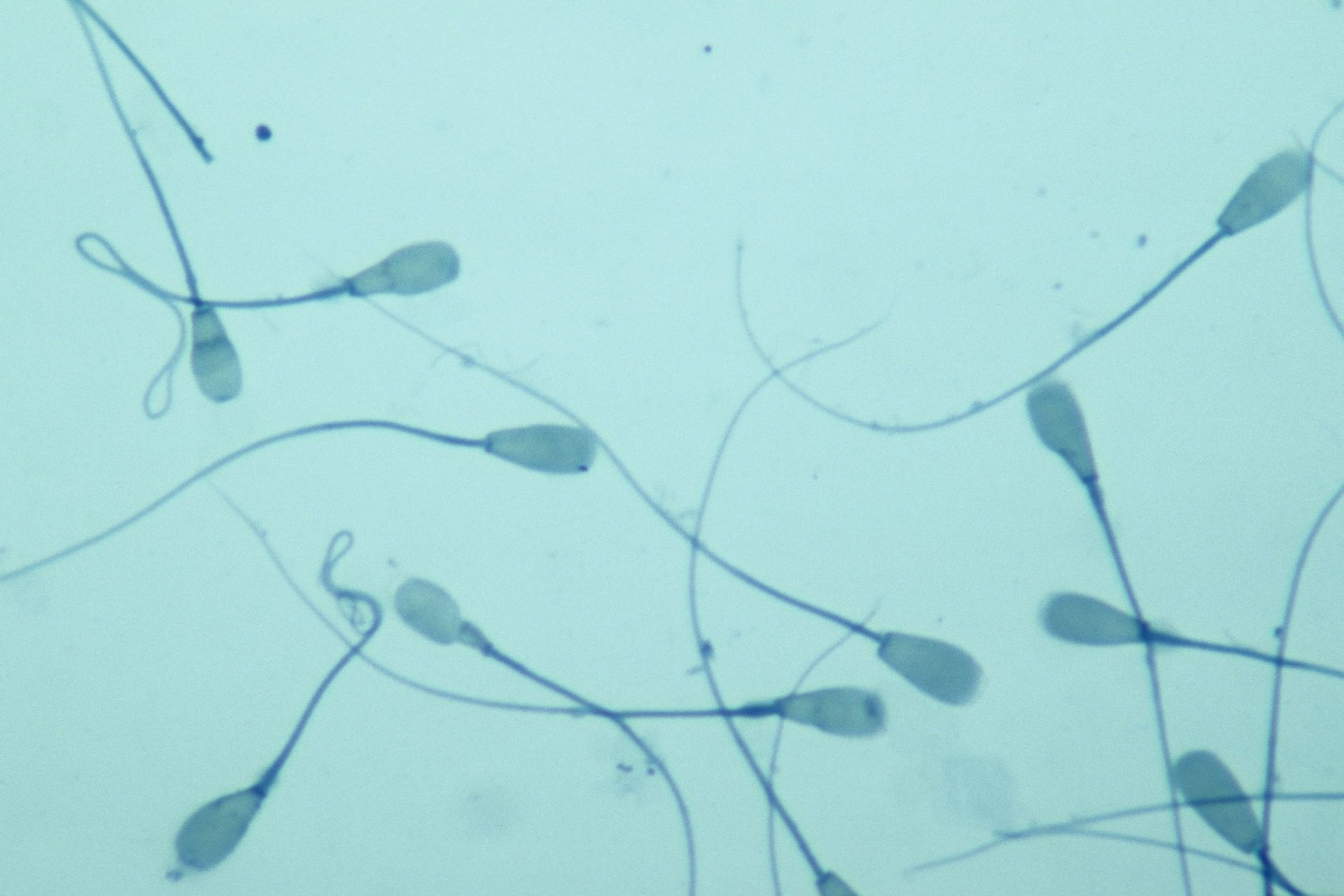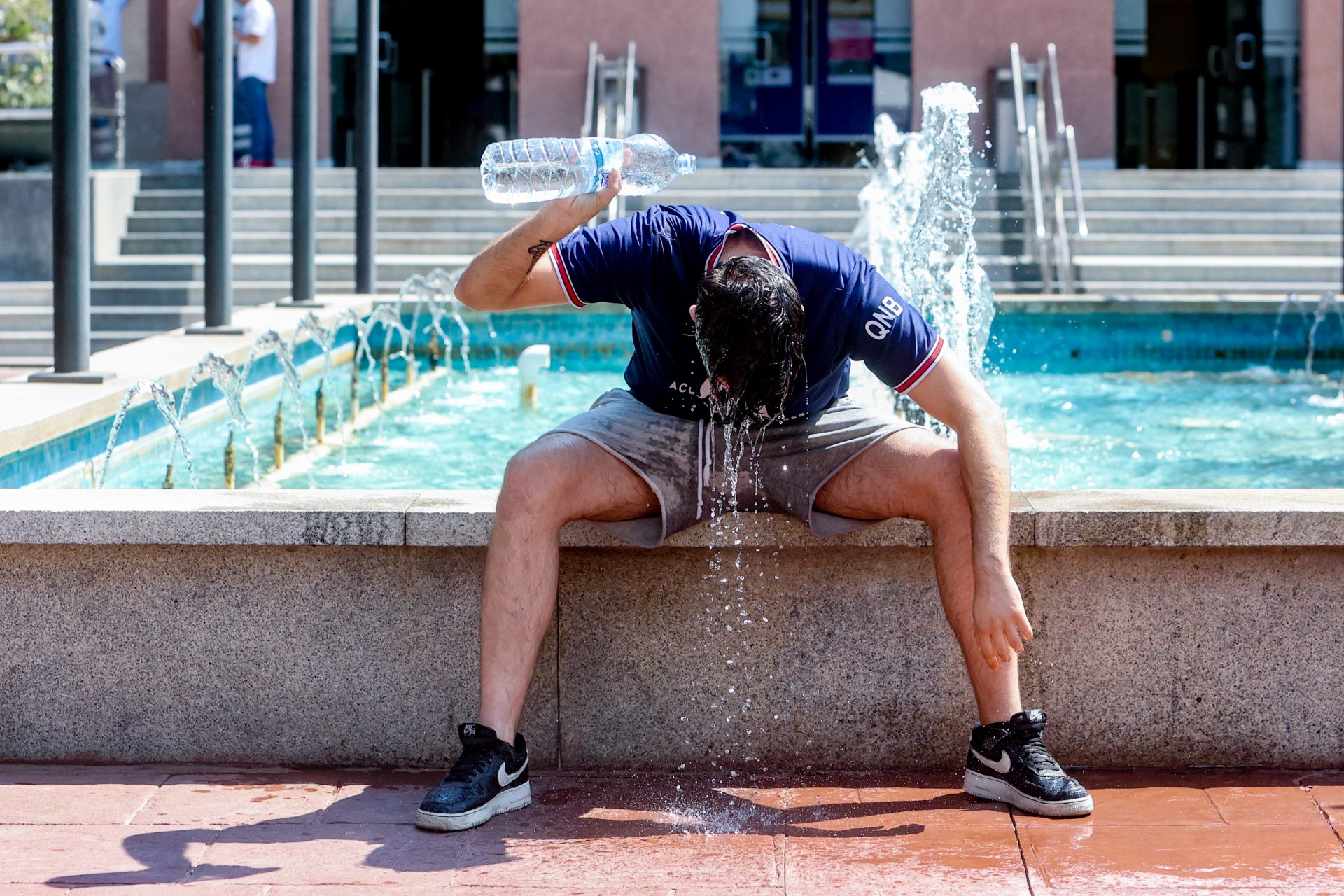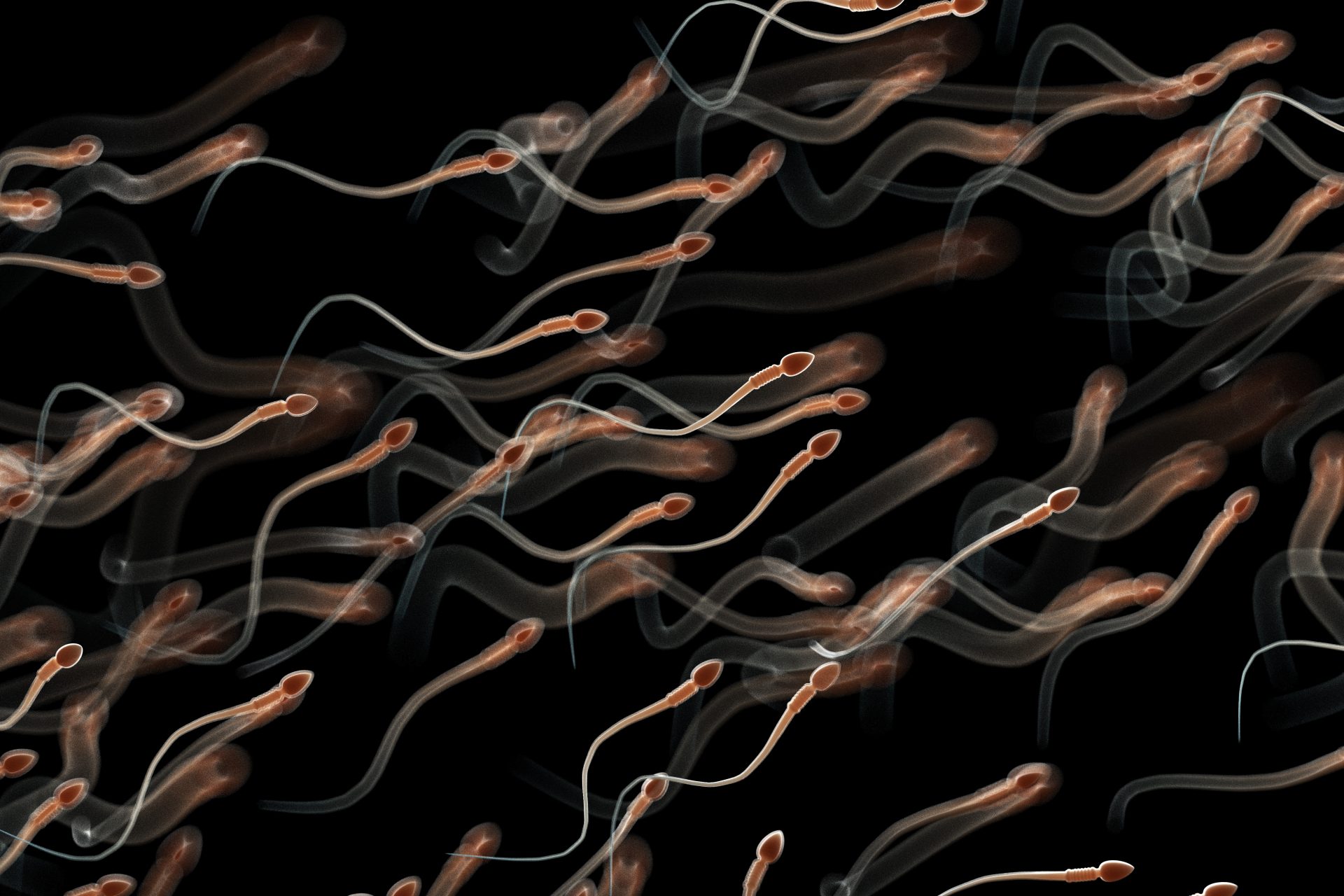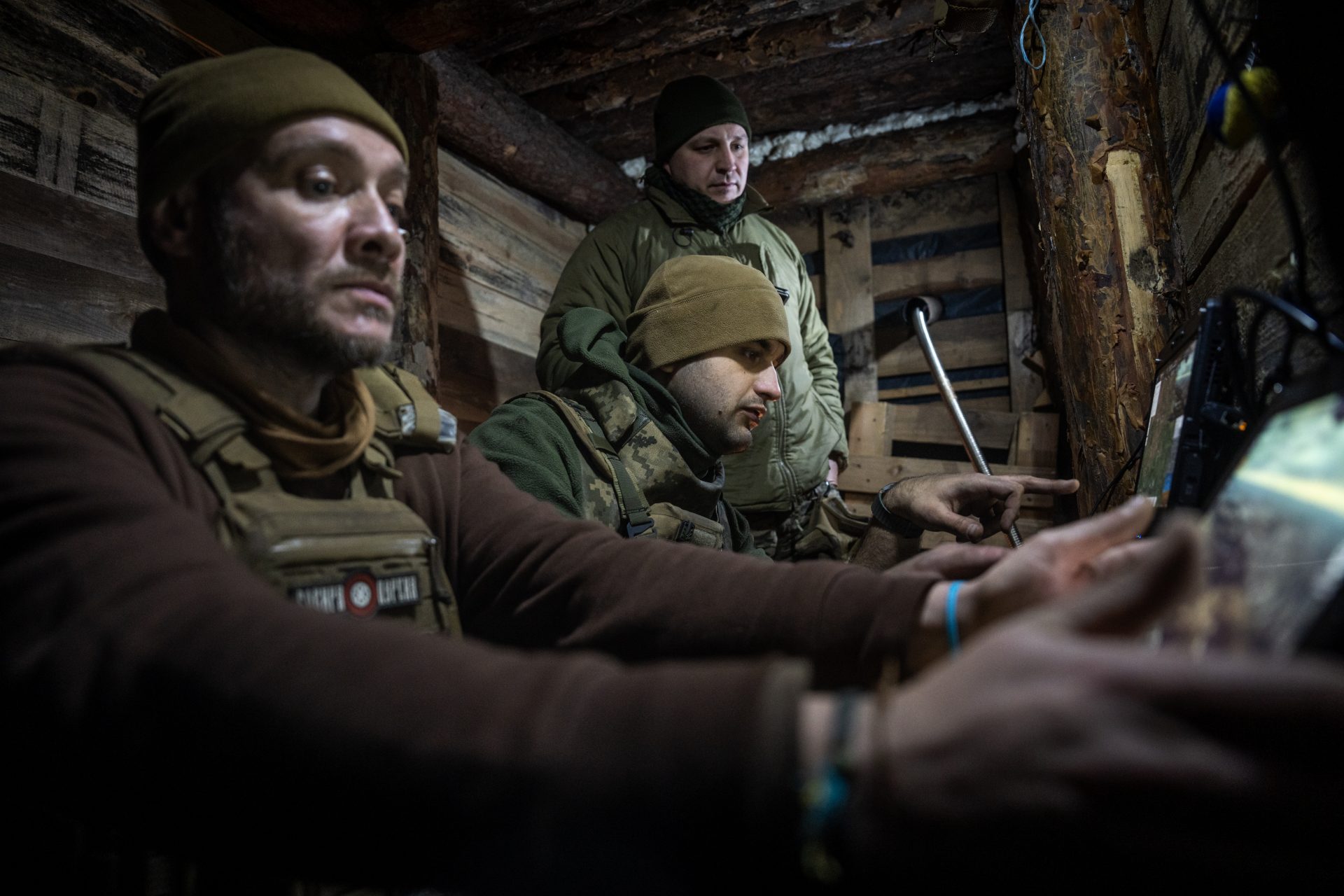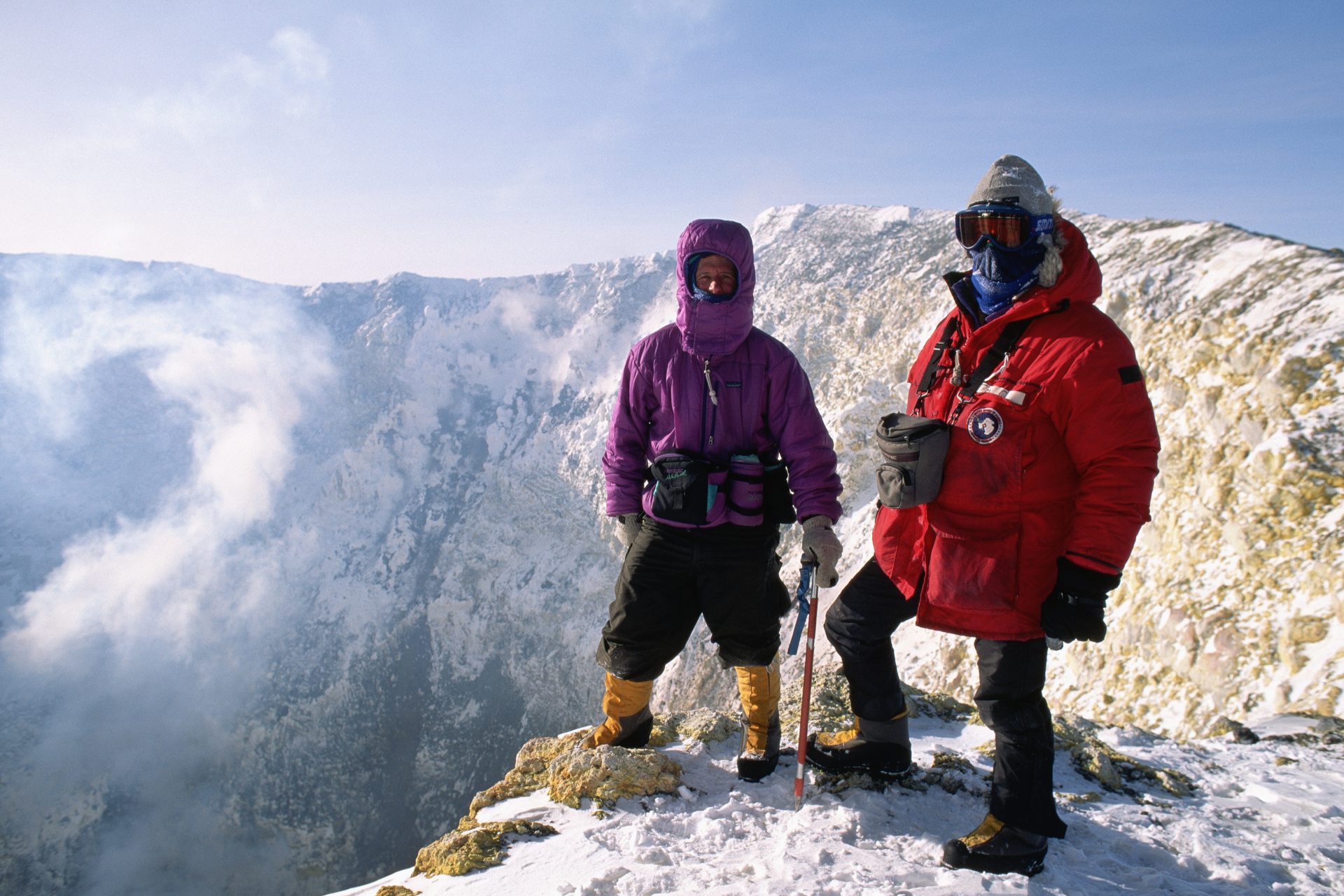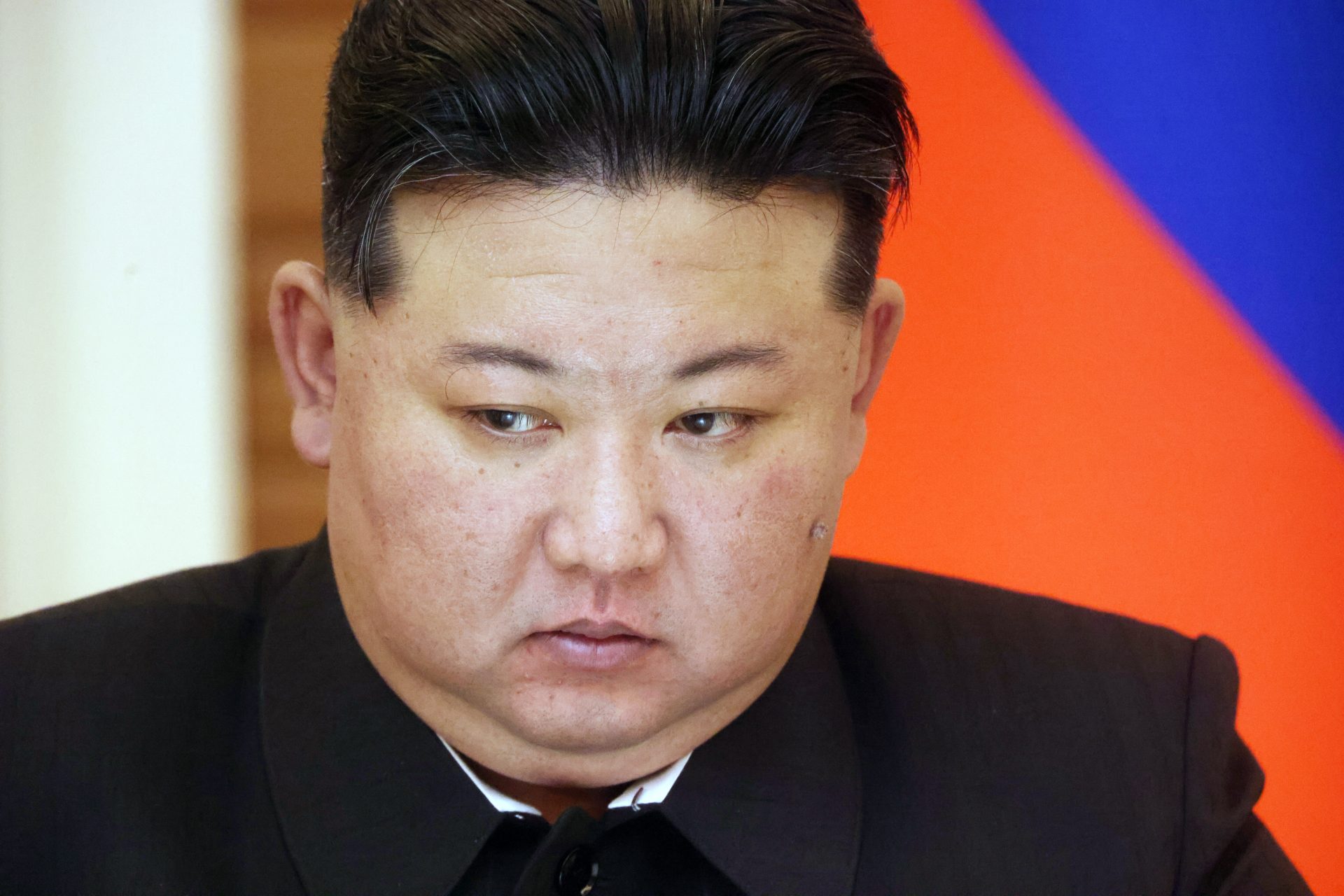Global warming is affecting men's health in an unexpected way
High temperatures, extreme atmospheric phenomena, drought, lack of rain... Climate change influences our daily lives and way of life, but perhaps it affects us more than we expect.
In fact, a recent study by researchers in Singapore reveals that the number of sperm tends to decrease as the planet's temperatures increase, with direct consequences on fertility.
Although it was already known that heat affected reproductive cells, this new research goes into more detail on the issue.
818 men who had had problems conceiving offered samples of their sperm that were used for the study. The analysis looked at the exposure of these men to temperatures above 29.8 degrees before they provided their samples.
As explained by Euronews, which has collected the results of the analysis, the study shows that in the three months prior to taking the sample, men exposed to extreme heat were 46% more likely to have fewer sperm.
But the heat does not only affect the quantity but also their concentration—which is also reduced by 40%—and mobility since they turned out to be slower.
Given these results, one of the researchers from the Yong Loo Lin Faculty of Medicine (Singapore), who was part of the study, warned that younger people should be careful.
Old age, then, is not the only variable that plays an important role in sperm quality. “We discovered that men in their prime reproductive years, between 25 and 35 years old, were the most affected by the heat,” said the expert, as explained by Euronews.
Other experts, such as the medical team at URH García Real, a reproduction clinic in Madrid, detail that the effects of high temperatures are reversible, since they regenerate in three-month cycles.
However, researchers advise men who were planning to conceive within a few months to avoid going outside on days with extreme temperatures.
Others also advise getting up from time to time and taking a walk if your daily work requires sitting for many hours.
Likewise, they recommend avoiding saunas, hot baths and wearing tight underwear.
Given the results of this study, it is possible that, with global warming, climate variables should also be taken into account when deciding whether and when to have children.
(Photo: Jessica Rockowitz / Unsplash)
More for you
Top Stories




